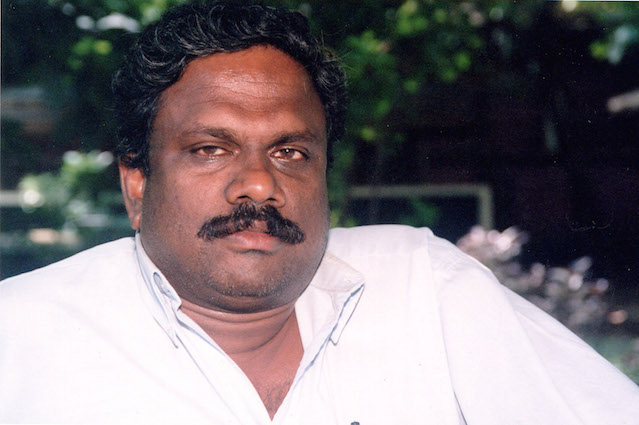Sri Lanka's Prime Minister Ranil Wickremesinghe has reaffirmed that the touted constitutional change in the country should not affect the unitary nature of the state.
Speaking at a seminar by the USAID-funded Sri Lanka Parliament Project, Mr Wickremesinghe said the new constitution will come into effect in 2017.
His pledge to maintain Sri Lanka's unitary status is a blow for the Tamil National Alliance, which has pushed for the non-unitary constitution and a federal setup of the state, with extensive devolution to a merged North-East. Sri Lankan officials had already ruled out a re-merger of the provinces.
The prime minister said there was no issue with the present system, but it needed to be explored how it will be strengthened without affecting the unitary status and the sovereignty of the country.
“Many countries have devolved power in various ways, the US in one way, India in a different way and Britain in another way. We can do our own thing. We have to think of whether we are going to centre power in ministries; We will have to think about de-centralizing power as well and include this in the constitution,” he said.



